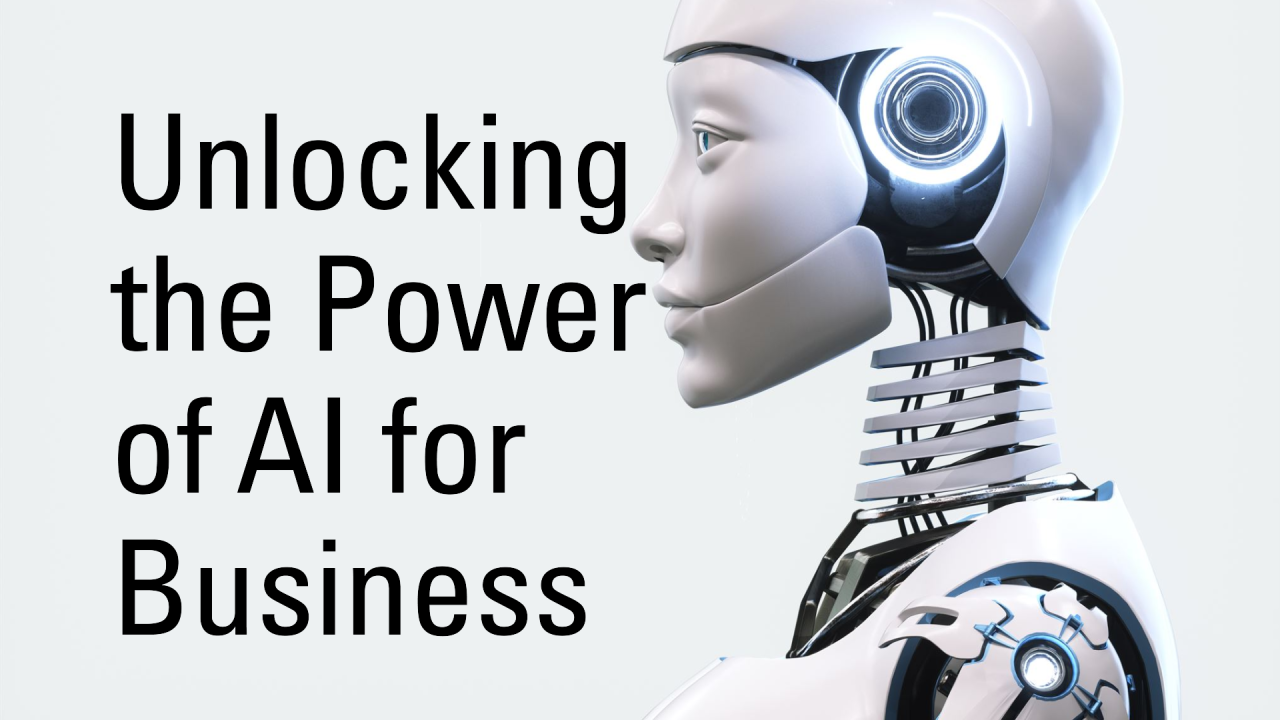Machine learning has revolutionized numerous industries by enabling computers to learn from data and make predictions or decisions without explicit programming. From personalized recommendations on e-commerce platforms to detecting anomalies in financial transactions, machine learning algorithms are transforming how businesses operate and how consumers interact with digital products and services. In this comprehensive guide, we'll delve into the various applications of machine learning, highlighting its versatility and impact across different domains.
1. Introduction to Machine Learning: Machine learning is a subset of artificial intelligence (AI) that focuses on algorithms and statistical models that enable computers to perform specific tasks without being explicitly programmed. These algorithms learn from data, identify patterns, and make predictions or decisions based on their learnings, powering a wide range of applications across industries.
2. Applications of Machine Learning:
Recommendation Engines: Recommendation engines use machine learning algorithms to analyze user preferences, behavior, and past interactions to provide personalized recommendations for products, content, or services. Examples include personalized movie recommendations on streaming platforms like Netflix and targeted product recommendations on e-commerce websites like Amazon.
Natural Language Processing (NLP): NLP techniques enable computers to understand, interpret, and generate human language, enabling applications such as sentiment analysis, language translation, chatbots, and virtual assistants. NLP powers voice assistants like Siri and Google Assistant, as well as language translation services like Google Translate.
Fraud Detection: Machine learning algorithms analyze patterns and anomalies in data to detect fraudulent activities and transactions, such as credit card fraud, identity theft, and financial scams. By identifying suspicious behavior and flagging potential fraud in real-time, machine learning helps financial institutions and e-commerce platforms mitigate risks and protect customers.
Image Recognition: Image recognition algorithms classify and identify objects, patterns, and features within images, enabling applications such as facial recognition, object detection, and medical image analysis. Image recognition powers facial recognition systems used for authentication and security purposes, as well as medical imaging technologies for diagnosing diseases and conditions.
Predictive Analytics: Predictive analytics leverage machine learning algorithms to forecast future outcomes, trends, or behaviors based on historical data and patterns. Applications include demand forecasting, sales prediction, risk assessment, and predictive maintenance. Predictive analytics help businesses anticipate market trends, optimize resource allocation, and mitigate risks.
3. Benefits of Machine Learning:
- Personalization: Machine learning enables personalized experiences by analyzing user data and tailoring recommendations, content, and services to individual preferences and interests.
- Efficiency: Machine learning automates repetitive tasks, processes large volumes of data, and identifies patterns and insights that humans may overlook, improving efficiency and productivity.
- Accuracy: Machine learning algorithms can process vast amounts of data and make predictions or decisions with a high degree of accuracy, leading to better outcomes and insights.
- Scalability: Machine learning models can scale to accommodate large datasets and handle complex problems, making them suitable for applications with varying levels of complexity and scope.
4. Challenges and Considerations:
- Data Quality: Machine learning models rely on high-quality, relevant data to make accurate predictions and decisions. Poor-quality data can lead to biased or inaccurate results.
- Interpretability: Some machine learning models, such as deep learning neural networks, are complex and difficult to interpret, making it challenging to understand how they arrive at their decisions.
- Privacy and Security: Machine learning models may inadvertently expose sensitive or personally identifiable information if not properly secured or anonymized, raising privacy and security concerns.
- Ethical Considerations: Machine learning algorithms may perpetuate biases present in the training data or make decisions that have unintended consequences, highlighting the importance of ethical considerations in algorithm design and deployment.
5. Future Trends in Machine Learning:
- Explainable AI: Explainable AI aims to make machine learning models more transparent and interpretable, enabling users to understand how decisions are made and identify potential biases or errors.
- Federated Learning: Federated learning decentralizes the training process by training machine learning models directly on user devices, preserving privacy and reducing the need to share sensitive data.
- AutoML: Automated machine learning (AutoML) tools streamline the machine learning pipeline, automating tasks such as feature engineering, model selection, and hyperparameter tuning, making machine learning more accessible to non-experts.
Viral FAQs:
- What is machine learning, and how does it work?
- What are some common applications of machine learning?
- How do recommendation engines personalize user experiences?
- How does machine learning help detect fraud and security threats?
- What is natural language processing, and what are its applications?
- How does machine learning enable image recognition and classification?
- What role does predictive analytics play in business decision-making?
- What are some benefits of using machine learning in various industries?
- What are some challenges and considerations in implementing machine learning?
- What are some future trends and innovations in machine learning?
POVs (Points of View):
- Machine learning applications, from recommendation engines to fraud detection, are reshaping industries and transforming how businesses operate and interact with customers.
- The versatility and impact of machine learning extend across various domains, enabling personalized experiences, enhancing security, and driving innovation and efficiency.
- As machine learning technology evolves, addressing challenges such as data quality, interpretability, and ethical considerations becomes increasingly important to ensure responsible and ethical use of AI.
- Future trends in machine learning, such as explainable AI, federated learning, and AutoML, hold promise for making AI more transparent, privacy-preserving, and accessible to a wider audience.






